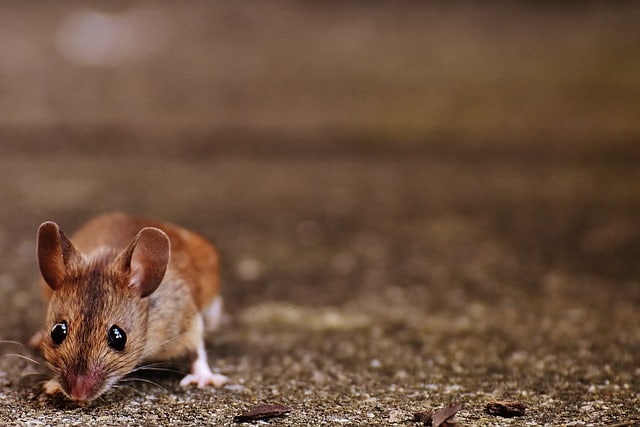A team of researchers at the Jackson Laboratory in Connecticut discovered a method that could help astronauts stay in shape during long space travel.
During the experiment, scientists sent 40 young rats to the International Space Station (ISS) in December 2019, including eight genetically modified specimens. What did the modification consist of? To change the physique of the animals, the authors of the experiment blocked the proteins responsible for limiting the growth of muscle mass.
A total of 24 mice lost up to 18% of muscle and bone mass under weightless conditions. As for the modified rats, which arrived at the ISS with twice as much muscle, they surprised the researchers with their impressive physiques when they returned to Earth.
Similarly, eight normal mice, which had been genetically modified aboard the station, also gained a considerable amount of muscle mass.
The researchers are convinced that the method will not only help astronauts to stay fit during long space expeditions but could also be useful for people with disabilities forced to lead sedentary lives. However, more studies are still needed to create a safe and effective drug for humans that helps build muscle and bone without serious side effects.
The results of the experiment have been published in the specialized journal Proceedings of the National Academy of Sciences.
